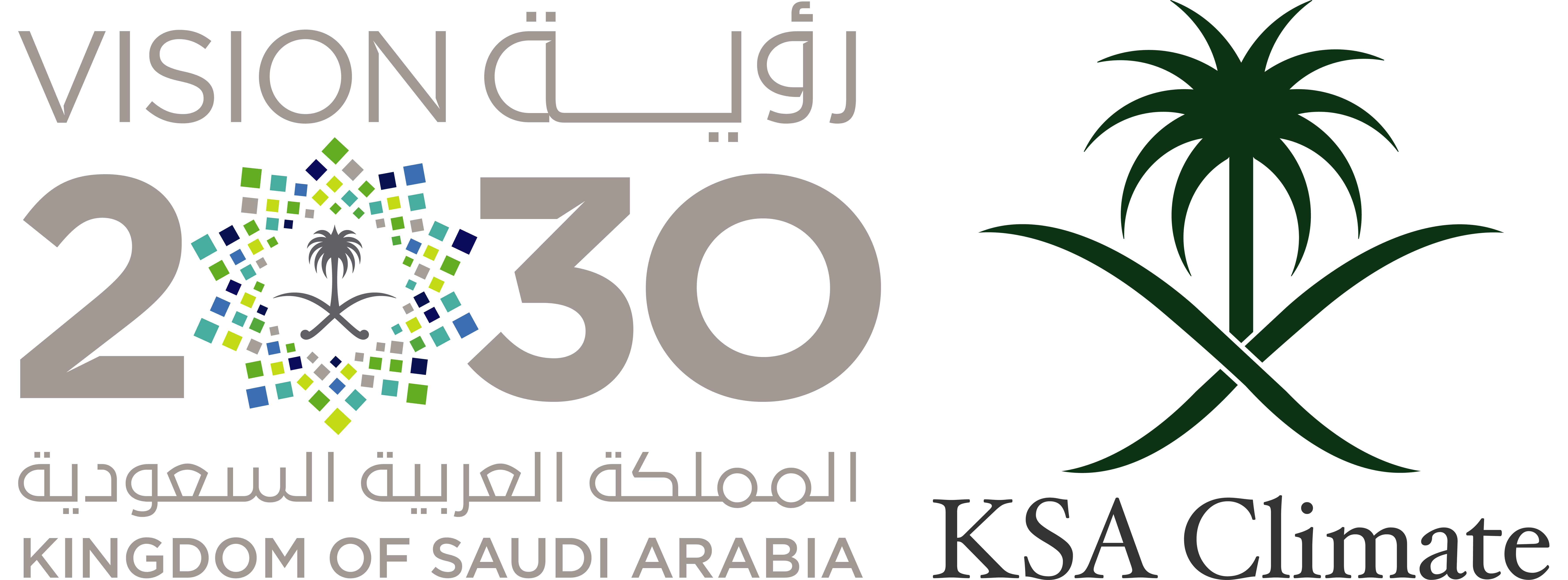Summary
Highlights for Thursday, 6 December 2018

 IISD Reporting Services, through its ENB+ meeting coverage, is providing coverage of selected GCC Pavilion events at the Katowice Climate Change Conference - December 2018, including written, digital and video coverage.The following event was covered by IISD Reporting Services on Thursday, 6 December 2018:
IISD Reporting Services, through its ENB+ meeting coverage, is providing coverage of selected GCC Pavilion events at the Katowice Climate Change Conference - December 2018, including written, digital and video coverage.The following event was covered by IISD Reporting Services on Thursday, 6 December 2018:
Photos by IISD/ENB | Natalia Mroz / Diego Noguera
For photo reprint permissions, please follow instructions at our Attribution Regulations for Meeting Photo Usage Page
Sustainable Development for an Attainable Future
Presented by the Kingdom of Saudi Arabia

This event highlighted sustainability efforts undertaken by Saudi Arabia and the Gulf Cooperation Council (GCC) countries, particularly from business perspectives. During the event, panelists explored the developments in smart cities and planned industrial communities across the GCC and their role in driving balanced economic growth and sustainable living.
Moderator Uthman Al-Zahrani, Saudi Basic Industries Corporation (SABIC), opened by highlighting that the event aimed to shed light on sustainability efforts in the GCC. He said that Saudi Arabia is implementing a country-wide sustainability initiative developing sustainability projects and promoting business development, focusing on energy efficiency and the role of renewable energy. Al-Zahrani added that the country has established the Saudi Energy Efficiency Center, which aims to: increase public awareness regarding the production and consumption of energy to increase efficiency in the Kingdom; and unify efforts by government and non-governmental stakeholders in this field.
Saleh Al-Ansari, SABIC, spoke about efforts to contribute to the Sustainable Development Goals (SDGs) in Saudi Arabia, highlighting that SABIC is a leading private sector contributor in Saudi Arabia’s sustainability efforts. He stressed that sustainability is at the core of the SABIC 2025 Strategy, which includes company-wide goals to achieve, by 2025, a 25% reduction in greenhouse gas (GHG) emissions, energy and water intensities, as well as a 50% reduction in material-loss intensity, using 2010 as a baseline, with focus on: resource efficiency; energy reduction; cleaner air and water; improved food security; and enhanced quality of life for all. Al-Ansari then highlighted that SABIC recycles waste from its own manufacturing processes for use as secondary raw materials, using it as feedstock to produce valuable products such as fertilizers and methanol. He reported that SABIC has achieved a 9.3% GHG intensity reduction and a 7.6% energy intensity reduction in 2017 from the 2010 baseline. He stressed the importance of involving top management in his company to integrate sustainability into the company’s business operations, citing, as an example, the establishment of the Sustainability Steering Committee, which includes the SABIC Chief Executive Officer and monitors the company’s efforts on sustainability.
Muhammad Nadeem, SABIC, said that petrochemicals such as single-use plastics are a major part of our daily lives and, if improperly used, become harmful to the environment and human health. He said that plastics, by replacing wood and steel in many sectors, have played a major role in environmental sustainability. Nadeem presented his company’s application of sustainability optimization in plant operation and discussed SABIC’s 2025 strategy, designed to ensure the integration of sustainability in all operations. SABIC’s energy and sustainability assessmen of projects, he emphasized, is targeted toward reducing GHG emissions, and ensuring energy conservation, material effectiveness and water optimization in SABIC’s day-to-day operations. SABIC, he added, has its own targets, aligned to Saudi Arabia’s commitments to the Paris Agreement, to create a world-class unit with no energy overruns. He demonstrated the process of conducting opportunity assessments for mega projects, which aims to: improve sustainability impacts and deficiencies in the energy performance of projects; ensure that plants and projects are built according to energy efficiency standards; ensure that projects are aligned to SABIC’s energy policy; and ensure proper equipment selection with respect to energy, heat, water and material losses.
Fawaz Alomair, Kuwait Integrated Petroleum Industry Company (KIPIC), discussed his company’s new regasification plant for liquefied natural gas (LNG) built through the Al-Zour LNG Import Project. This new plant, he said, will supply natural gas-derived electricity to Kuwait’s national grid to meet the country’s growing energy demand. He presented a video on the initiative, which is projected to distribute high quality gas of up to 3,000 billion British Thermal Units (BTUs) per day, and expected to be operational in 2020. The project, he reported, has a low footprint, since natural gas has a competitive advantage over other, higher-emitting fossil fuels..
In the ensuing discussion, participants discussed: the most effective way to select certain technologies that contribute to a long-term GHG emission reductions; the process of setting SABIC’s global Key Performance Indicators (KPIs) and project milestones throughout the company’s facilities and supply chains; SABIC’s monitoring framework to measure KPI performance; the need for a life-cycle approach; the possibility of using biogas; and the importance of addressing plastics pollution problems in chemical recycling processes.











